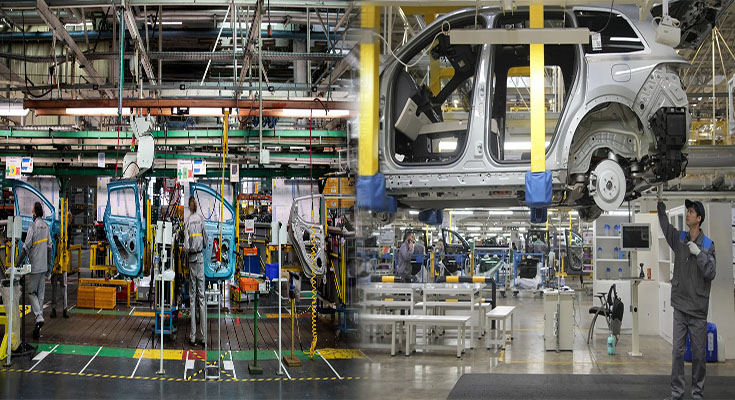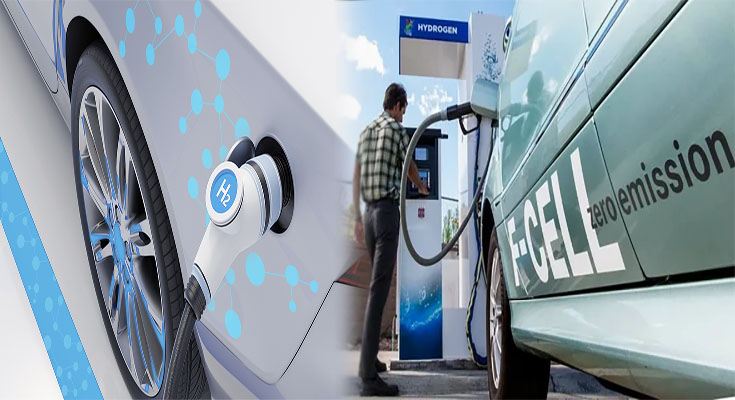The electric car industry has emerged as a leading force in addressing the sustainability challenges posed by traditional internal combustion engine vehicles. With a growing emphasis on reducing greenhouse gas emissions, minimizing reliance on fossil fuels, and combating air pollution, electric vehicles (EVs) have gained significant traction as a key component of sustainable transportation solutions. In this article, we will explore the ways in which the electric car industry is responding to sustainability challenges and contributing to a more environmentally-friendly future.
1. Emission Reduction and Air Quality Improvement
One of the most pressing sustainability challenges facing the automotive sector is the reduction of harmful emissions and the improvement of air quality. Electric vehicles, powered by battery technology, produce zero tailpipe emissions, thereby mitigating the release of pollutants such as carbon monoxide, nitrogen oxides, and particulate matter. As a result, the widespread adoption of electric cars contributes to cleaner and healthier air in urban areas, where air pollution from transportation has been a significant public health concern.
2. Transition to Renewable Energy Sources
The electric car industry is driving a shift towards the use of renewable energy sources for vehicle propulsion. By charging electric vehicles with electricity generated from renewable sources such as solar, wind, and hydroelectric power, the environmental impact of EVs is further reduced. This transition to clean energy not only lowers the overall carbon footprint of electric cars but also aligns with global efforts to decarbonize the energy sector and combat climate change.
3. Sustainable Materials and Manufacturing Processes
Automakers and battery manufacturers in the electric car industry are actively pursuing sustainable materials and manufacturing processes to reduce the environmental impact of vehicle production. This includes the use of recycled and recyclable materials in vehicle construction, as well as the implementation of energy-efficient and environmentally friendly practices in the assembly of electric cars and their components. By prioritizing sustainability throughout the supply chain, the industry is working to minimize resource consumption and waste generation.
4. Development of Advanced Battery Technology
The development of advanced battery technology is a cornerstone of the electric car industry’s sustainability efforts. Innovations in battery chemistry and energy storage are enhancing the efficiency, performance, and longevity of electric vehicle batteries, ultimately contributing to the long-term sustainability of electric cars. Moreover, the exploration of alternative materials and designs for batteries is aimed at reducing the environmental impact of battery production and disposal, further aligning with the industry’s commitment to sustainability.
5. Promoting a Circular Economy Approach
The electric car industry is increasingly embracing a circular economy approach, where products and materials are kept in use for as long as possible through reuse, refurbishment, and recycling. This approach extends to electric vehicle batteries, which can be repurposed for energy storage or recycled to recover valuable materials at the end of their automotive life. By promoting circularity, the industry aims to minimize waste and maximize the value of resources, contributing to a more sustainable and resource-efficient future.
The electric car industry’s response to sustainability challenges underscores its commitment to driving positive environmental change and shaping a more sustainable future for transportation. By addressing emission reduction, promoting renewable energy adoption, prioritizing sustainable materials and manufacturing processes, developing advanced battery technology, and embracing a circular economy approach, the industry is making significant strides in fostering environmental responsibility and resilience. As electric vehicles continue to gain momentum, their role in promoting sustainability and combating climate change is poised to expand, further positioning them as a key contributor to a cleaner and greener mobility landscape.













